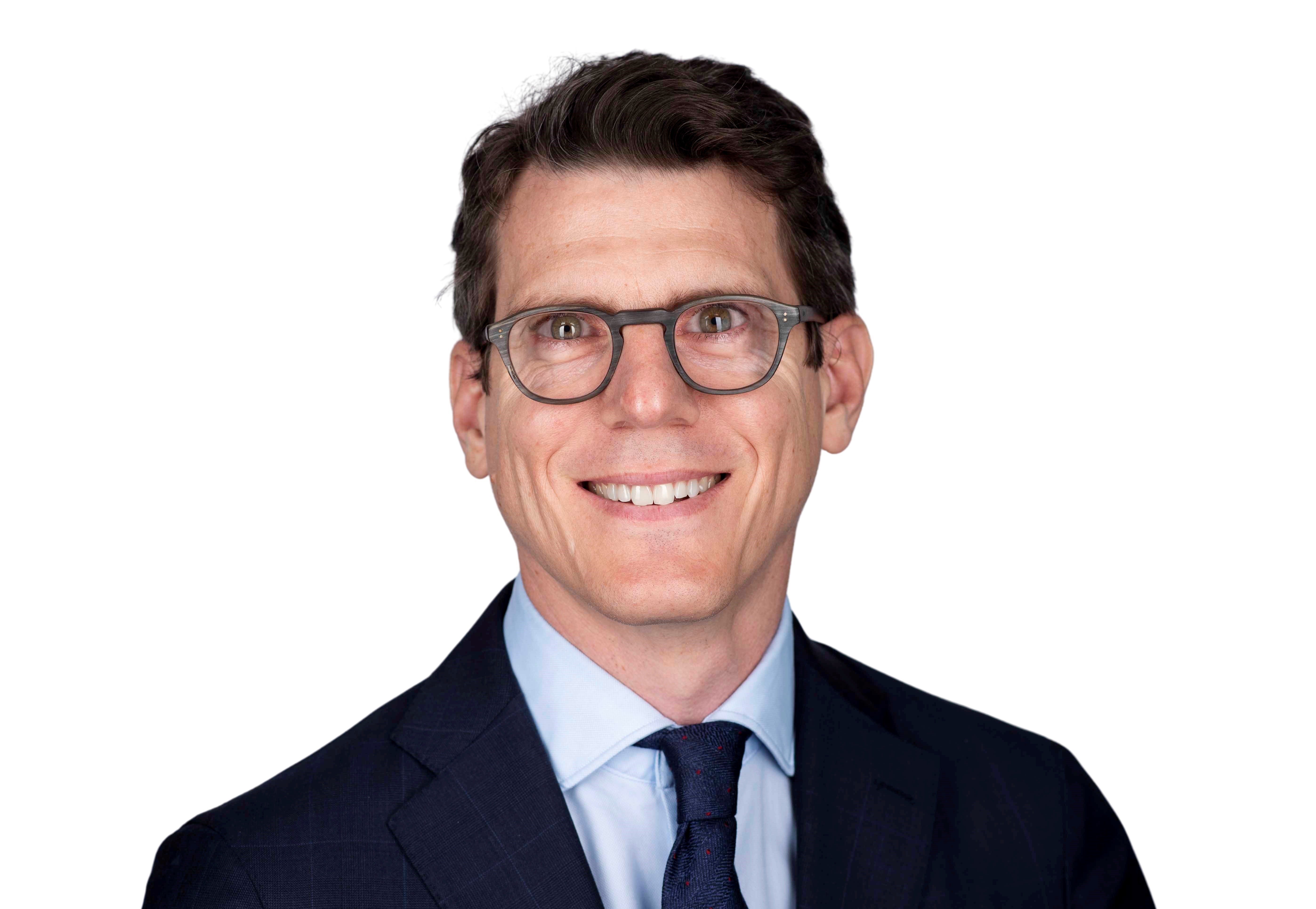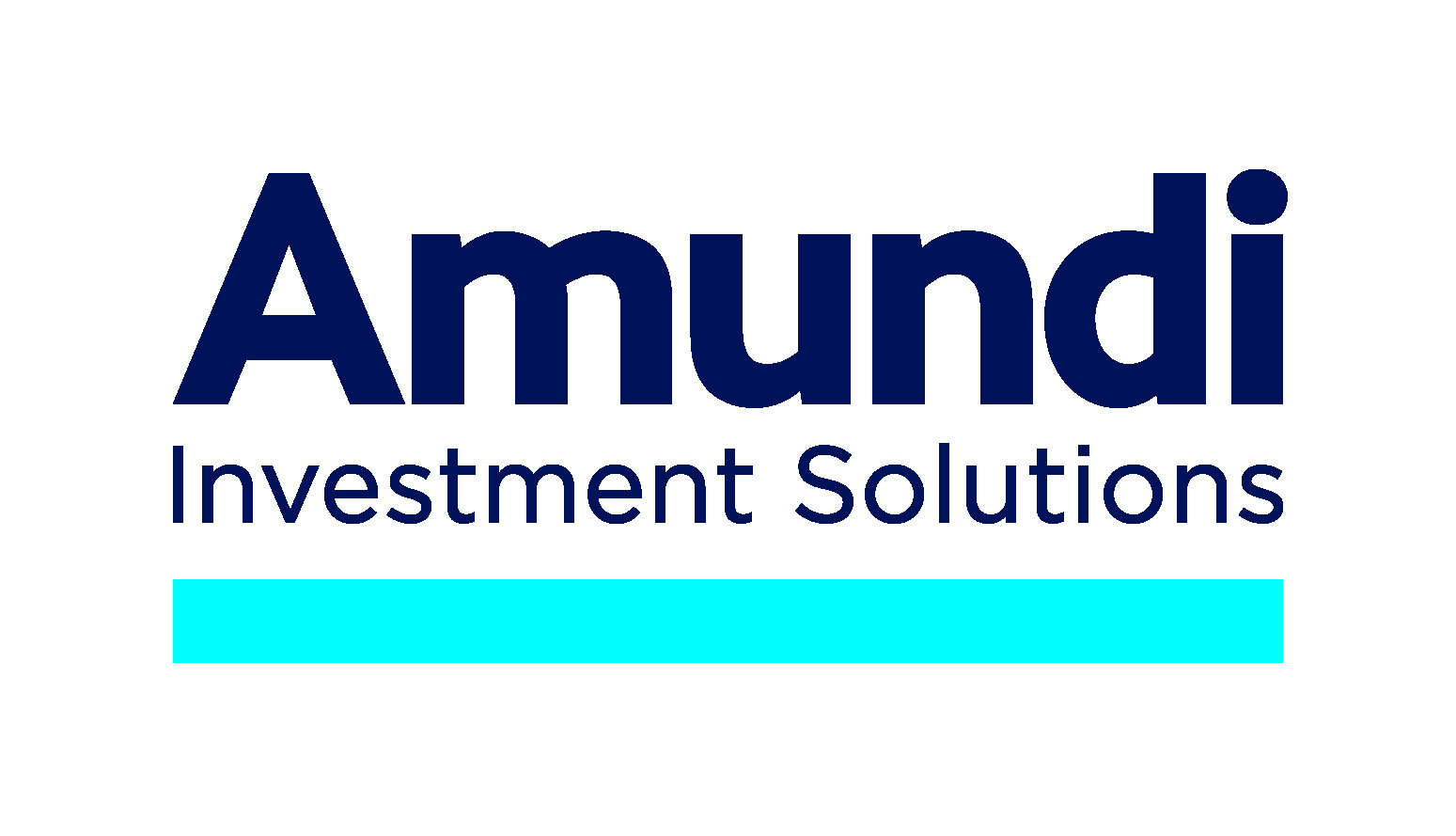Benoit Sorel, head of ETFs at Amundi, has revealed how the group plans to fend off the challenge of its “vocal” rivals, adding the French giant will not be forced into active ETFs space “because everybody is going there”.
Having joined Europe’s second-largest ETF provider from the first – BlackRock – in November last year, Sorel said Amundi has a “clear focus on growth” having fully completed the integration of Lyxor having acquired its rival in January 2022.
The deal saw it overtake DWS into second spot, however, the German asset manager has since been steadily catching Amundi and has made no secret of its plans to leapfrog its rival.
“I know they are very vocal and I would prefer not to be,” Sorel told ETF Stream.
“Now we are at the end of our integration we have a clear focus on growth. We have a very natural role to play in the ETF market as a responsible player which is resonating very well [with investors].”
Amundi has recorded inflows of $23.5bn into its ETFs since the acquisition to the end of Q1 versus $26.4bn for DWS. However, the assets under management gap has closed significantly, from $68bn to $40bn over the same period.
Despite this, Sorel has clear plans for growth as the group looks to double down on its approach to ESG, with a particular focus on retail investors.
The retail opportunity
Retail has been tipped to be the next growth driver of ETFs in Europe and Sorel is keen to take advantage.
One area he spots an opportunity is fixed income. Amundi launched its fixed-maturity ETF range last month, joining BlackRock and DWS, with an eye on the German retail investor being the first to offer German bunds.
“Fixed-maturity ETFs are a great tool for the retail market to get exposure to bonds,” he said. “It is a market they are quite far away from at the moment.
“Very few retail investors buy fixed income or have a view on when the Federal Reserve is going to cut rates, but when yields are at 5% for the next five years, it is easier for everybody to grasp.”
He added retail is ripe for “exceptional growth” but that it could be decades before it fully plays out.
“There is a fantastic opportunity – is it going to take 10 or 20 years? I do not know. But even in the medium-term horizon, ETFs are the perfect tool to help develop this market.”
The ESG backlash
Another area Amundi is looking to double down on is sustainable investing, with Sorel stating it was the asset manager’s focus on ESG that attracted him to the role.
“The is a space for Amundi to grow,” he said. “It is a fantastic opportunity and one that fits very neatly with my own personal views.”
He added indexing has a growing role to play and believes sustainable investing “resonates very well” with asset owners across geographies with an appreciation of stewardship and voting policies.
“There are more and more [investors] using ETFs with less and less providers and it comes down to trust in the way you run your business and stewardship and voting,” he said.
Despite this, he said ESG has become challenging due to the political backlash in the US and regulatory uncertainty in Europe, but stressed it is still critical for investors.
“Regulation is a key challenge. We would love to see more clarity and coherence in the regulatory framework,” he said. “It needs to be standardised for people to understand and harmonised across regions. This will take time as the market grew faster than the regulations.
“From an investor point of view, embedding ESG in the way they conduct their investment is critical.”
No ‘fundamentals’ for active ETFs
One industry trend Sorel will not be trying to capitalise on is active ETFs, one of the biggest growth areas in Europe, however, he said he was “keeping an eye on the market”.
“In the US it is a no-brainer because ETFs are more tax efficient, but in Europe, there is no tax advantage,” he said. “We do not have the fundamentals supporting active ETFs as we do in the US.
“Obviously we are looking at the market because it is growing and it is our job to understand the dynamics,” he said. “However, we are interested in what is best for the client and for the moment it is not a no-brainer for active ETFs versus mutual funds.”
Assets held in active ETFs have doubled over the past three years, totalling over $36bn, but still make up less than 2% of the European market, according to Morningstar.
The space has been garnering interest from numerous asset managers. Earlier this year, BlackRock launched its first active equity ETF while Vanguard said it was eyeing up active fixed income ETFs.
However, Sorel said he would not be forced into following suit: “We need to play in the [passive] ETF market because that is our place of birth – we are number two in this market.
“That is not what should be forcing us to play active ETFs, just because everybody is going there. What should push us to be present in active ETFs is if there is an additional client value proposition in offering this format.”



